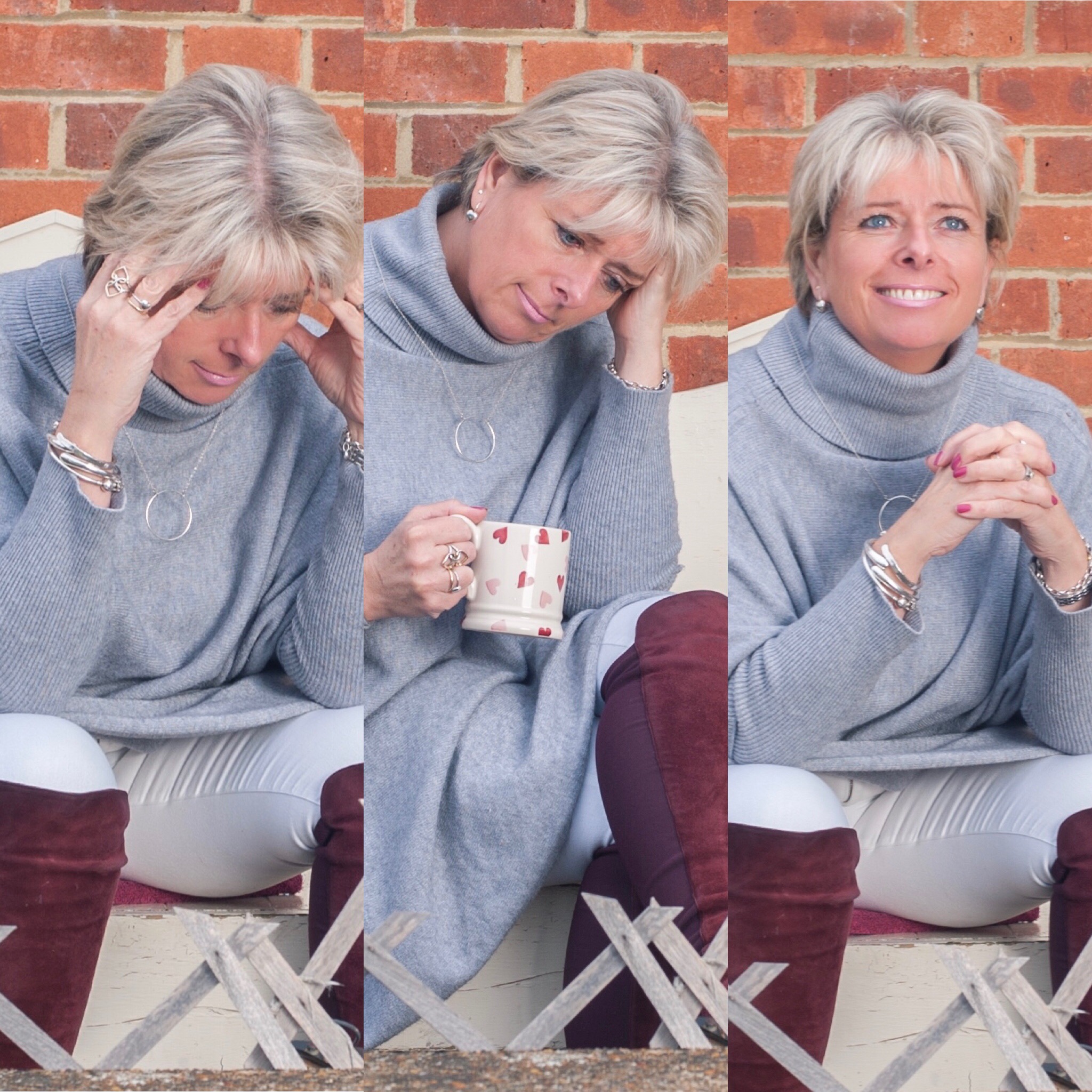When I was young, born in 1964, the term bullying didn’t get mentioned. My school was not very emotionally aware. However, as an adult, I can remember moments and know that it happened, and know that it happened to me. The long-term impact is interesting, a lack of self-worth, people pleasing, the feeling that whenever there is an atmosphere around me, I take responsibility for either causing it or needing to make things right. Harmony is a high value for me and so is giving people a sense of belonging and making sure they know they matter. I guess my lifelong sense of purpose has been family, the need to create a safe place for people to be loved and listened to, and that extends into my 22 years of building business communities and caring deeply about how people are, their well-being and their happiness.
Facing unwanted hostility and aggression from someone in a position of power can be scary and intimidating for someone of any age. When this behaviour is repeated or repetition becomes likely, it’s the definition of bullying. Whether it happens to adults in the workplace or youths in school, bullying is destructive behaviour that must come to a stop.
In an effort to empower victims of bullying and create visible networks of support, International STAND UP to Bullying Day is celebrated each November and February. This November 20th, participants in STAND events will wear bright pink t-shirts demonstrating their visible opposition to acts of bullying. They will also sign a pledge swearing not to bully, and to put a stop to or report any bullying behaviours they see.
Around the world, one in three children has experienced physical, verbal, or social attacks from a bully. These behaviours can include the following, among others:
- Hitting, pinching, slapping, kicking, spitting, cruel hand gestures, and stealing or vandalisation of private property
- Calling names, mocking people, revealing personal information, spreading rumours whether true or false
- Using social power to exclude someone or convince others to avoid them
The long-term impact of bullying for youths is serious, and victims aren’t the only ones at risk of harm. Children who bully and those who witness acts of bullying are also vulnerable to the development of risky habits and lifestyles.
- When children are victims of bullying, they may feel depressed, anxious, lonely, and sad. Their eating and sleeping habits may change, and they may be less interested in once-loved pastimes. They may also be at risk of increased health issues and decreased exam results. Victims of bullying are more likely to drop out of school and have both excused and unexcused absences.
- Children who bully have a greater likelihood of abusing alcohol and drugs as adults. They are more likely to engage in fighting, vandalisation, dangerous driving, spousal abuse, and other criminal behaviour. They are also more likely to engage in early sexual behaviour.
- When children witness acts of bullying, the likelihood that they will overuse alcohol, drugs, and tobacco increases. They are more likely to experience mental health issues, including anxiety and depression, and are likely to have absences from school.
If you are concerned that your child is a victim of bullying, there are some warning signs you should be on the lookout for.
- Injuries they don’t want to or can’t explain
- Important items being lost or damaged
- Changes to sleeping and eating patterns
- Drops in grades and avoidance of school
- Disinterest in friends and social situations
- Declining self-confidence
- Self destructive behaviour, including self harm and suicidal ideations
Whether you’re being bullied or must find support for someone you love, valuable resources for parents, teachers, and youths can be found on the Anti-Bullying Alliance website.




